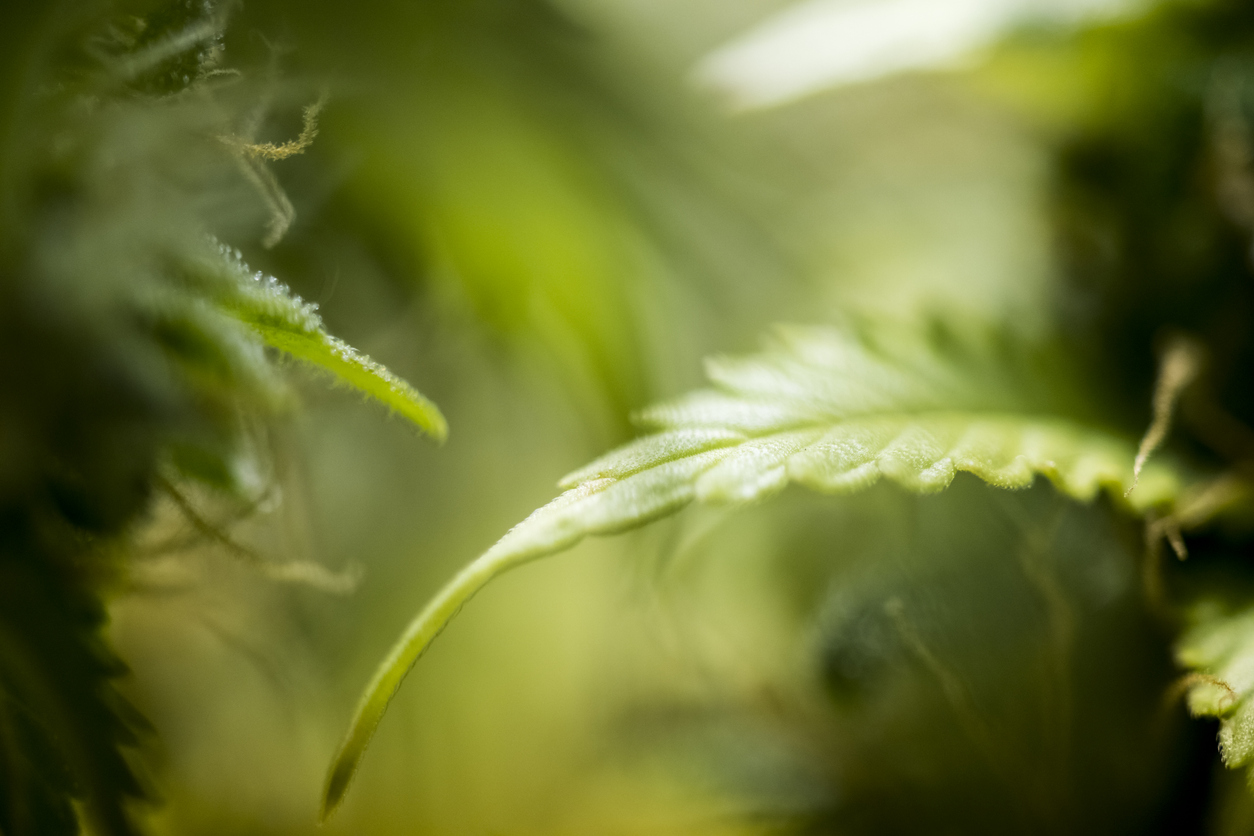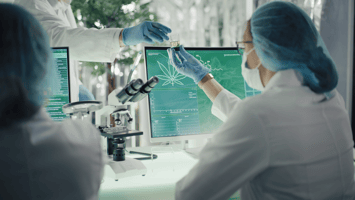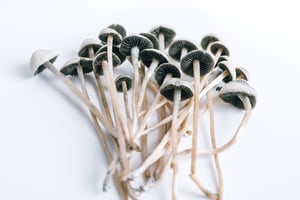Broughton Toxicologist, Perla Valencia-Landestoy and Senior Consultant, Dr. Adam Bonin attended the Cannabis Science Conference West in Portland, Oregon, this April. Interestingly, the growing...
A snapshot of the U.S. cannabis and psychedelic Industry’s progress
Cannabinoids

Oct 9, 2023 | Published by Adam Bonin
Cannabinoids
Therapeutic benefits
During the recent Cannabis Science Conference (CSC East), the therapeutic potential of cannabis and psychedelic substances was a hot topic for many presenters and attendees.
Medical research is demonstrating beneficial effects and endpoints for a variety of mental health conditions, including post-traumatic stress disorder (PTSD), depression, addiction, and anxiety. Cannabis and psychedelics also show promise in small amounts (e.g., micro-dosing), producing mindfulness, creativity, and sometimes mild euphoria. Used responsibly with a guided facilitator in a clinical setting can be profoundly beneficial, especially for people attempting to uncover and come to terms with past trauma. The immense potential of these naturally occurring substances (cannabis, psychedelics) is becoming hard to ignore, but research and practice in the U.S. continue to be hampered by their legal issues and the federal scheduling process. Significant changes are, however, beginning to take place. One example is the state of Oregon and Measure 109, which legalized psilocybin for therapeutic use in 2020. The Oregon Health Authority (OHA), under the Oregon Psilocybin Services Act, has approved a facilitator training program, and the state of Colorado has also subsequently approved psilocybin for therapeutic purposes, among other uses.
Product safety
There has also been recent success in getting the attention of politicians and government officials. Re-scheduling changes do appear to be more likely, and some states have made independent decisions to approve certain substances for medical and even recreational use. That said, product safety will be critical to building a successful industry. My colleague, Cristelle Santos, a Consultant Toxicologist at Broughton presented a proposed safety assessment framework at CSC East that she developed for inhaled cannabis products. The work was supported by commercial enterprises interested in evaluating the safety and potential health effects of their cannabis products. It is my opinion that companies willing to proactively invest in the assessment of product safety will position themselves as leaders in the industry and enhance their reputation, especially among government agencies, before national regulations are established.
Preparing for future regulation
It is highly likely that a future U.S. national cannabis regulatory framework may result in a regulatory environment like that for tobacco products, introducing something similar to the Premarket Tobacco Product Application (PMTA) for product marketing orders. Companies likely to be future applicants of this type of cannabis regulation should look at the PMTA process to enhance their understanding of the requirements for formally requesting marketing orders and be ready for future regulatory changes. Talk to an experienced consultancy like Broughton to get additional insight into the types of scientific data and product understanding it would be good to invest in now to prepare for future product marketing authorizations.
Business finance
The SAFE Banking Act of 2023 (April 26, 2023) and the SAFER Banking Act (September 20, 2023) are helping to improve access to banking for the cannabis industry in the U.S. Historically, the industry has been forced to be heavily reliant on a cash system due it’s lack of legality at the federal level which has prevented large-scale investments, access to credit, financial assurance, and insurance. Many players in the industry feel that the recent changes are a step in the right direction, but broader legislation is still needed to better support the sector.
In summary
Close collaboration and partnerships among small businesses and scientific experts are essential in building a successful and responsible new industry sector. Much can be achieved if cultivators, microbiologists, chemists, geneticists, therapists, psychologists, toxicologists, risk assessors, and environmental scientists come together to build a solid and successful sector that works with regulators to protect customers. The potential of these natural substances – cannabis and psychedelics - in the therapeutic space is becoming harder to ignore and is frequently reported on in the international media, increasing the public’s awareness and interest in their potential to improve lives. Over the next few months, it will be worth monitoring the results of new research studies and the continued impact of state and federal legislative changes to stay up to date with the sector's progression.
To learn more about our medicinal cannabis and CBD Consulting services, please click here.


